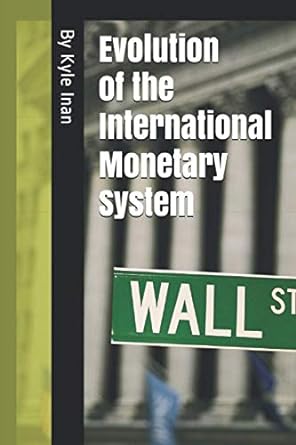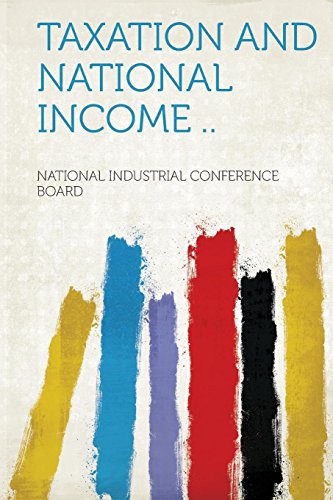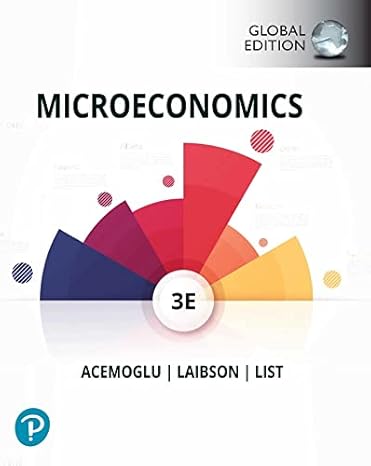Go back


Evolution Of The International Monetary System(1st Edition)
Authors:
Mr. Kyle Inan

Cover Type:Hardcover
Condition:Used
In Stock
Shipment time
Expected shipping within 2 DaysPopular items with books
Access to 30 Million+ solutions
Free ✝
Ask 50 Questions from expert
AI-Powered Answers
✝ 7 days-trial
Total Price:
$0
List Price: $8.00
Savings: $8(100%)
Solution Manual Includes
Access to 30 Million+ solutions
Ask 50 Questions from expert
AI-Powered Answers
24/7 Tutor Help
Detailed solutions for Evolution Of The International Monetary System
Price:
$9.99
/month
Book details
ISBN: 979-8554807763
Book publisher: Independently published (October 28, 2020)
Get your hands on the best-selling book Evolution Of The International Monetary System 1st Edition for free. Feed your curiosity and let your imagination soar with the best stories coming out to you without hefty price tags. Browse SolutionInn to discover a treasure trove of fiction and non-fiction books where every page leads the reader to an undiscovered world. Start your literary adventure right away and also enjoy free shipping of these complimentary books to your door.
Book Summary: This book purports to examine in-depth the historical evolution of the International Monetary System starting with the “Classical Gold Standard System” that was adopted by various governments around the world between the years of 1880-1914. Following the inception of the “Inter-war Period” which took place between 1918-1939, the Classical Gold Standard System was abandoned. It was only after the post-WWII period that this standard was restored only for a short-period of time until the emergence of the “Bretton Woods System” between 1944-1971 which completely replaced the gold standard system with the U.S. dollar. It is also within the scope of this book to analyze the emerging monetary policy trends following the establishment of the Bretton Woods System that brought about the creation of the International Monetary Fund (the IMF) and the International Bank for Reconstruction and Development (IBRD) to assist member countries with restoring their balance-of-payments equilibrium through the enactment of fixed exchange rates currency regime and through credit lending to poor countries in need. The main purpose for introducing these systems was to concretely establish a “par-value” exchange rate among member countries in which they would peg their respective currencies to the U.S. dollar. Furthermore, the book also aims to explain the several important reasons for the failure of the world monetary reform after the collapse of the Bretton Woods System in an era compounded by the problems of shortage of U.S. dollars in the world economy as well as the recurring trade deficits that forced European countries to reconsider their commitment to the fixed exchange rate system. The book will explore the reasons that led to the creation of “the European Monetary System (EMS)” as well as the European motives behind creating a single unit of currency, vis-à-vis the “Euro.” The book concludes with an overall analysis of the historical evolution of the international monetary system
Customers also bought these books
Frequently Bought Together
Top Reviews for Books
Request o9k0ftp
( 4 )
"Delivery was considerably fast, and the book I received was in a good condition."










